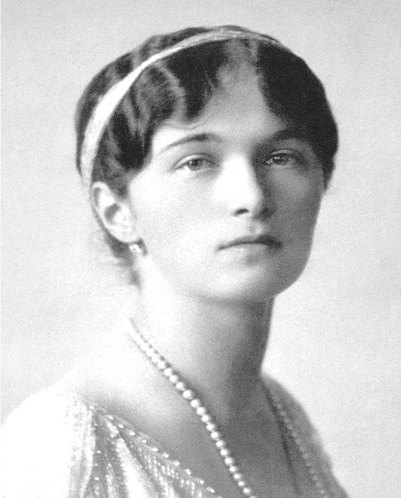Tekla BÄ…darzewska-Baranowska
Tekla Bądarzewska - Baranowska (* 1834 near Warsaw, † September 29, 1861 in Warsaw) was a Polish composer. Spreads are also the survival data from 1838 to 1862, but they are wrong.
Bądarzewska married January Baranowski and they had five children in their nine-year marriage. She died at the age of 27 and is buried in the cemetery Powązki. The crater " Bądarzewska " on the planet Venus is named after her.
It is mainly as a composer of the Salon piece " The Maiden's Prayer " ( " Modlitwa dziewicy ", " La prière d'une vierge ", Op. 4, first publication in Warsaw 1856) known. This piano piece was the end of the 19th century extremely popular despite or because of his musical indigence and has been edited for many different occupations. Overall, they wrote about 35 salon pieces for piano. As a counterpart to prayer Bądarzewska wrote the similarly shallow and almost identically constructed answered prayer ( " Prière exaucée ").
The piece is characterized by a simple, catchy melody. So it made as an announcement song for various companies and institutions. At the time of its construction it was possibly even the hitherto most successful piano piece ever, whose popularity is due to the catchy tune. This prompted some, however, to regard it as the epitome of kitsch. Others see again only one of the many plays for children, written in the spirit of romance like the miniatures of Robert Schumann. Erich Kästner parodied in one of his early poems the Maiden's Prayer as a prayer no virgin. Kurt Weill used the piece in the first act of his opera "The Rise and Fall of the City of Mahagonny " as an example of the ironic exclamation: " This is the eternal art! "

:format(jpeg):mode_rgb()/discogs-images/A-1035890-1345365173-1253.jpeg.jpg)








